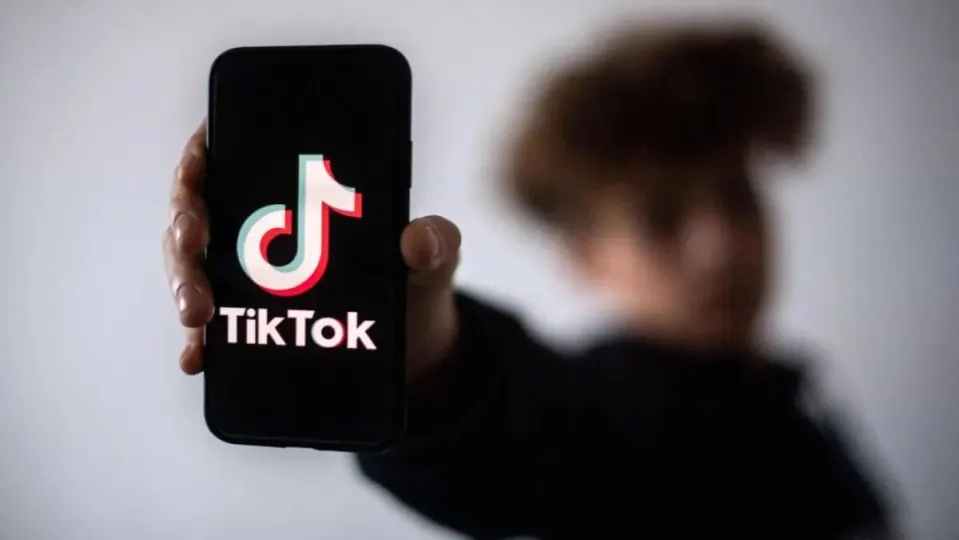For years, brands have been paying attention to influencers, those individuals who supposedly have the power to persuade people to consume a product simply by talking about it. And at first, it was something beautiful, almost natural, until money came into the picture. Since then, every recommendation is scrutinized. We went from influencers to micro-influencers. And from there, to the next logical step: de-influencers. That is, people who tell you why you don’t need a product. Watch out.
Why do you want that? Haha, greetings!
Imagine that, as a brand, you have spent thousands of euros on a campaign for Dulceida and Verdeliss to talk about how much they love your handbag on their Instagram or TikTok. Their speech may sound more or less realistic (since the #ad label is mandatory, less so), but what everyone will interpret as brutal sincerity is the speech of an anti-influencer listing all the reasons why you should save your money. And it’s not easy to recover from such a reality check.
Normally, anti-influencers comment on viral trends, those campaigns that all celebrities participate in, and products that become famous overnight. And don’t think this is just a passing trend: videos under the #deinfluencing hashtag have already accumulated 727 million views on TikTok, which means 727 million potential lost sales.
The idea behind de-influencing is similar to what BeReal aimed for: in a world full of fake recommendations, “here suffering” posts, and posers, showcasing reality serves as an antidote to social media itself. It feels authentic, which is exactly what Generation Z seeks on TikTok. A de-influencer breaks expectations, destroys the real need for a product, ruthlessly crushes virality (especially false virality). They become the voice of the people, those who cannot be bought, the response of a generation to millennial influencers.
Is this an indication that the present is more negative than the past, or that Generation Z is fed up with posing? Or is it simply a testament to how a trend can become popular overnight? When TikTok is studied someday, decades from now, we will likely see how anti-influence marked an entire era. And thankfully so: it was the antidote we needed against collective foolishness.
Some of the links added in the article are part of affiliate campaigns and may represent benefits for Softonic.


